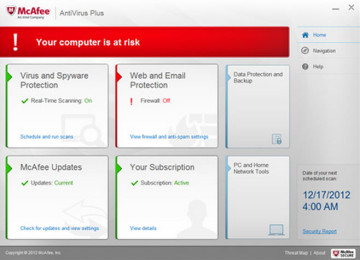 NetApp CEO George Kurian told analysts in its first quarter earnings call that it is reducing its 10,800-strong headcount by 5.5 percent, despite reporting a five percent year on year increase in net revenues to $1.3 billion.
NetApp CEO George Kurian told analysts in its first quarter earnings call that it is reducing its 10,800-strong headcount by 5.5 percent, despite reporting a five percent year on year increase in net revenues to $1.3 billion.
Kurian said the global job cuts are motivated by “strategic alignment and focus” on its storage systems and software divisions. He confirmed that SolidFire – which NetApp acquired in 2016 – and its hyper-converged infrastructure (HCI) teams would be most affected by the cuts.
“We realigned about 5.5 percent of our workforce and those were in parts of the business – in all the functions of the business, but in those parts of the business that were not particularly aligned to our go-forward priorities”, he explained on the call



















